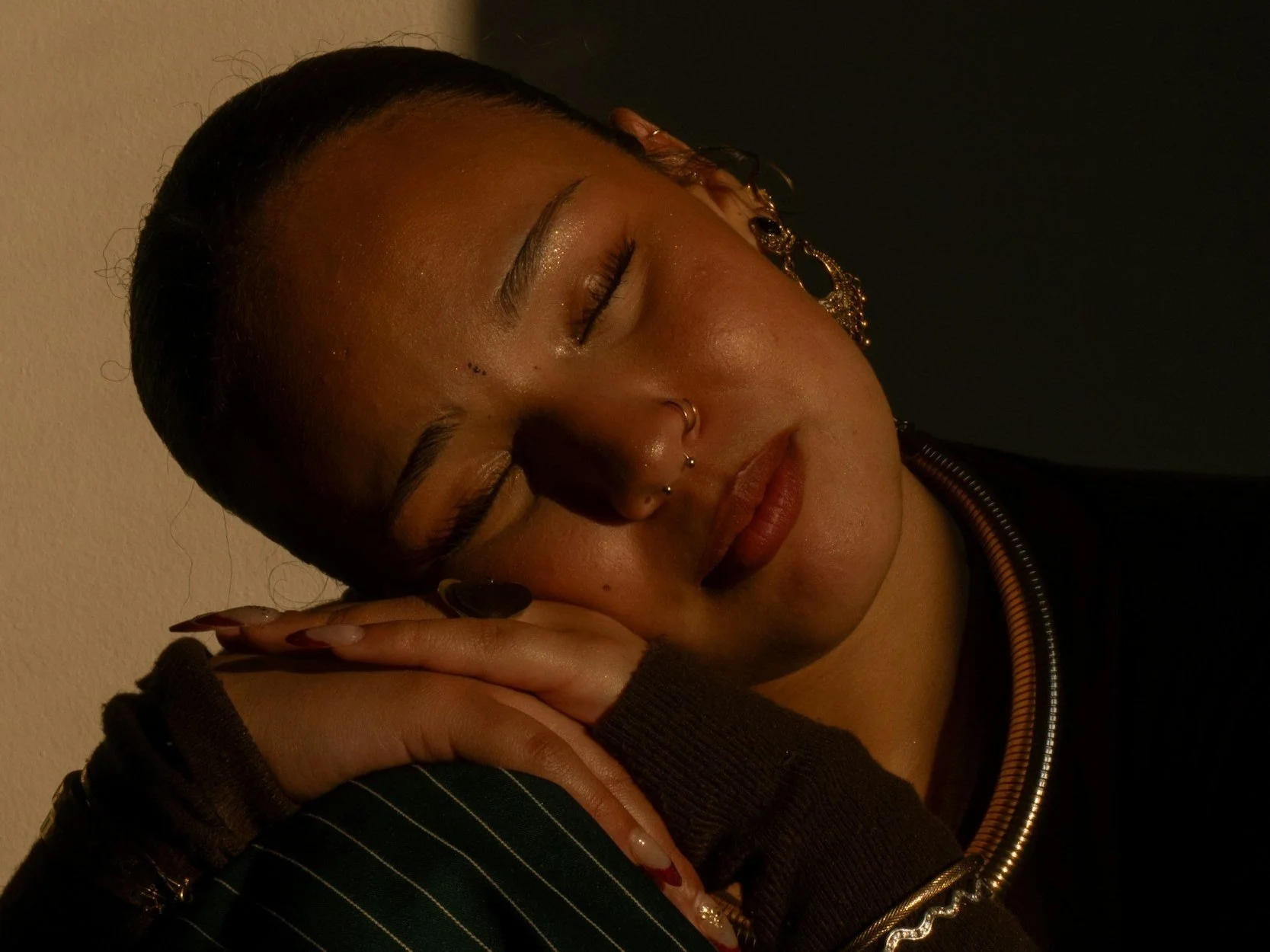Rest Is Resistance: Reclaiming Rest & Wellness in BIPOC Communities
In a world that celebrates hustle and glorifies exhaustion, BIPOC communities are often expected to carry generations of burden with little to no rest. We're told to “push through,” “stay strong,” and “keep going”—but at what cost?
For Black, Indigenous, Latinx, and People of Color, rest has never just been about sleep. It's a radical, necessary act of self-preservation and healing. Especially for pregnant and postpartum families, reclaiming rest is not a luxury; it’s a birthright.
Read below to learn more & download the FREEBIE!
Why BIPOC Communities Are Taught to Overextend
There are deeply rooted historical and systemic reasons why rest feels unfamiliar, or even unsafe, for many of us:
Generational trauma: Our ancestors were denied rest under systems of colonization, slavery, and oppression. Survival meant staying in motion.
Cultural expectations: In many BIPOC households, strength is seen as silent endurance. Expressing mental or physical exhaustion is often misunderstood as weakness.
Capitalism and white supremacy: These systems thrive on the dehumanization of labor, especially from BIPOC bodies. We're conditioned to feel guilty for needing rest.
But the truth is: we were never meant to do it all, all the time.
Rest Is a Tool for Healing, Not a Sign of Weakness
When we allow ourselves to rest, without shame or apology, we open the door to:
Improved mental health: Rest supports emotional regulation, reduces stress hormones, and helps prevent burnout.
Postpartum recovery: The postpartum period is a sacred window of physical healing, hormonal recalibration, and emotional integration. It requires slowing down.
Generational change: When we model rest for our children, we break cycles. We teach them that worth isn’t earned through exhaustion.
How to Reclaim Rest, Even When It Feels Hard
You don’t need to earn your rest. You’re allowed to claim it just as you are. Here’s how:
Redefine what rest means
Rest isn’t only about sleep. It can be:
Turning off your phone and sitting in silence for five minutes
Asking for help without guilt
Taking a slow walk or soaking in a warm bath
Doing absolutely nothing—and letting that be enough
Create rest rituals that feel sacred
Honor your rest as a healing ceremony. Light a candle, sip a warm drink, play soft music, or wrap yourself in a blanket with intention.
Unlearn guilt
Start noticing when guilt creeps in around rest. Guilt is a symptom of conditioning, not a moral compass. Practice saying: “I deserve to rest. My rest is valuable.”
Build a support system that uplifts you
Rest is easier when we’re not carrying it all. This is where doulas, friends, partners, and community step in. You weren’t meant to mother alone.
Rest together
Join spaces where rest is honored. Whether it’s a postpartum circle, a yoga class, or a group chat where you can be soft and seen, community rest is revolutionary.
Resting in Postpartum: A Personal Invitation
As a full-spectrum doula and educator, I’ve supported so many BIPOC families who’ve been told they don’t need rest, when in reality, they need more. More support. More softness. More space to heal.
This is your permission slip:
✨ You do not have to do it all.
✨ Rest is a form of resistance.
✨ Your rest is sacred.
Let’s Rest, Together
If you’re pregnant, postpartum, or simply tired of carrying it all, you deserve support. At Your Family Doula Services, I offer postpartum planning sessions, in-home and virtual support, and a community where your rest is prioritized.
Click here to schedule a session or reach out to learn more.
And if this post resonated with you, I invite you to:
Leave a comment: What does rest mean to you?
Share this post with someone who needs permission to pause.
Join my newsletter for more tools, support, and community.

